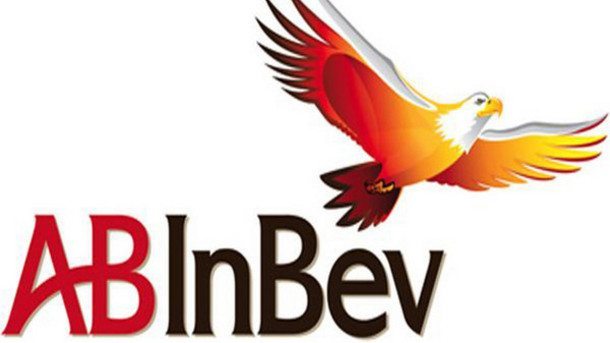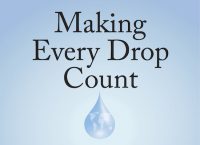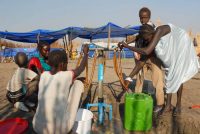Location: Brazil
Issue: Raising awareness about importance of water conservation in a company’s operations.
Organizations involved: AB InBev (Ambev), WWF
Year: 2010
This case study drawn from:
On World Water Day in 2010, AB InBev, through its local company Ambev, kicked off the CYAN Movement project in Brazil. CYAN Movement is a broad, ongoing campaign to raise awareness about the importance of water conservation for its operations in Brazil and to drive positive change in threatened watersheds. Major actions and developments of the CYAN Movement have included:
- Partnership with the University of São Paulo to compute “hydrological footprints”;
- An awards competition for articles on the subject of water;
- An Internet contest on the website Battle of Concepts;
- Sponsorship of the mega-exhibition “Water” at the Oca Pavilion in Ibirapuera Park in São Paulo, open to the public for a year; and
- The CYAN Bank project, which seeks to engage consumers online to raise awareness of sound water management practices and to encourage them (through incentives such as discounts from online retailers) to lower water consumption levels.
A centerpiece of the CYAN Movement is a partnership with the World Wildlife Fund to advance sustainable water management in the Corumbá-Paranoá Basin, which is the primary source of water for the company’s Brasilia brewery. The core objective of this project is bringing together local communities, employees, government agencies, and other stakeholders to preserve and recover springs, aquifer headwater, and replenishment areas. The project grew out of AB InBev’s recognition that the region lacked a water basin committee, which can serve as a key driver of local water governance in Brazil. The company also sought to drive positive change in a severely-degraded river basin as a means of addressing the perception that its presence was contributing to water-related challenges in that area.
For this project, AB InBev has placed a priority on local capacity building through implementing a model by which decision-making gradually transfers to other project partners as partner buy-in and capacity builds. This evolution should provide a basis for AB InBev to turn over the project to local partners, gradually changing its role from key driver to supporting partner and helping to ensure the long-term sustainability of the project. AB InBev hopes to use this project as a model on which it bases future collective action projects throughout the world.







